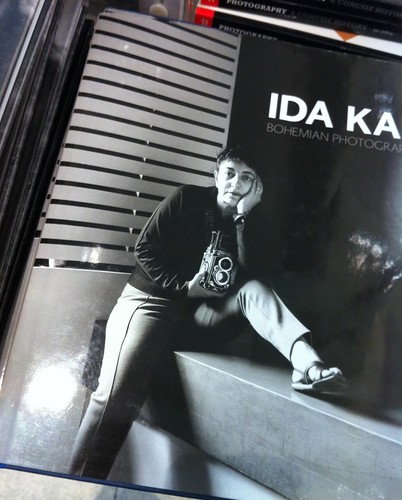I recently attended a seminar in LSE given by a State Department official — one of the people who advise Hilary Clinton on technology. (The seminar was held under the Chatham House rule, so I can’t identify the speaker, but Charlie Beckett blogged about it.) What I found interesting — and encouraging — was the discovery that, despite its curiously disorganised reaction to the WikiLeaks release of diplomatic cables, the US administration still apparently believes in the idea of an open Internet. In that context, this report in the NYTimes is intriguing, perhaps even hopeful.
WASHINGTON Reuters – Some day soon, when pro-democracy campaigners have their cellphones confiscated by police, they’ll be able to hit the ‘panic button’ — a special app that will both wipe out the phone’s address book and emit emergency alerts to other activists.
The panic button is one of the new technologies the U.S. State Department is promoting to equip pro-democracy activists in countries ranging from the Middle East to China with the tools to fight back against repressive governments.
“We’ve been trying to keep below the radar on this, because a lot of the people we are working with are operating in very sensitive environments,” said Michael Posner, assistant U.S. secretary of state for human rights and labor.
The U.S. technology initiative is part of Secretary of State Hillary Clinton’s push to expand Internet freedoms, pointing out the crucial role that on-line resources such as Twitter and Facebook have had in fueling pro-democracy movements in Iran, Egypt, Tunisia and elsewhere.
The United States had budgeted some $50 million since 2008 to promote new technologies for social activists, focusing both on “circumvention” technology to help them work around government-imposed firewalls and on new strategies to protect their own communications and data from government intrusion.
“We’re working with a group of technology providers, giving small grants,” Posner told reporters.
“We’re operating like venture capitalists. We are looking for the most innovative people who are going to tailor their technology and their expertise to the particular community of people we’re trying to protect.”


